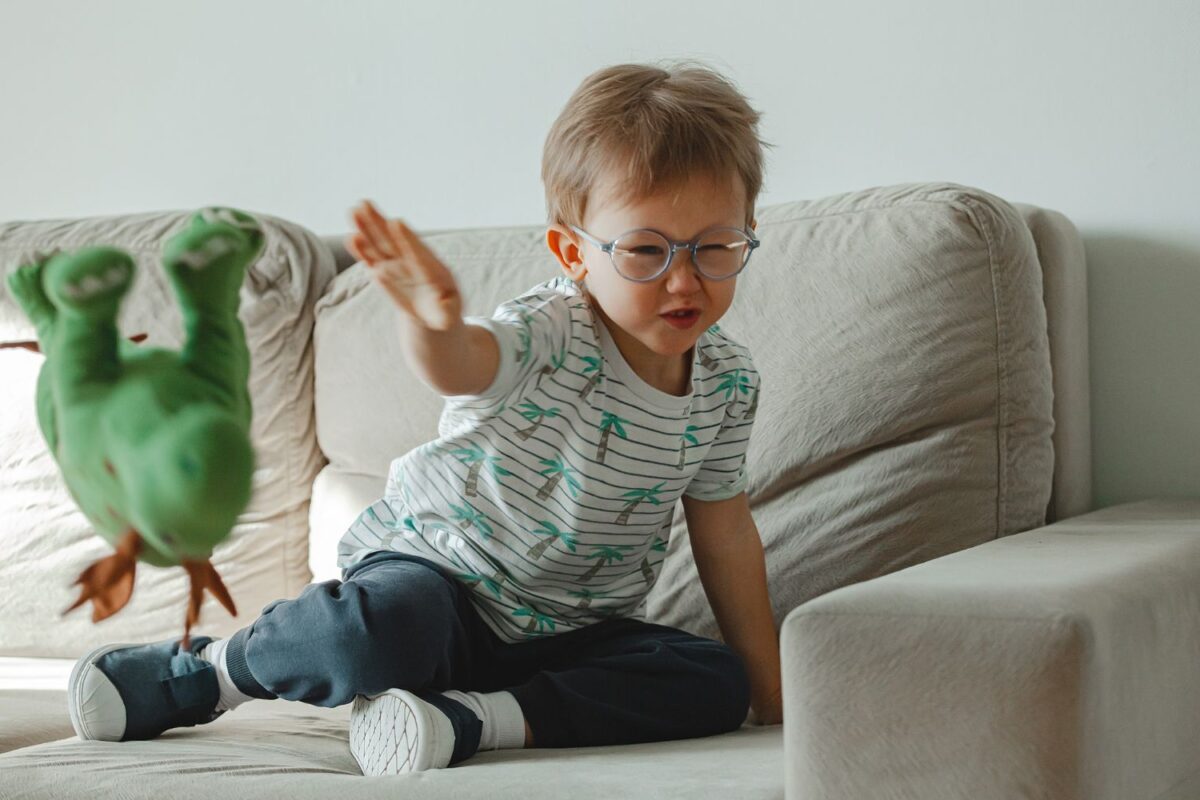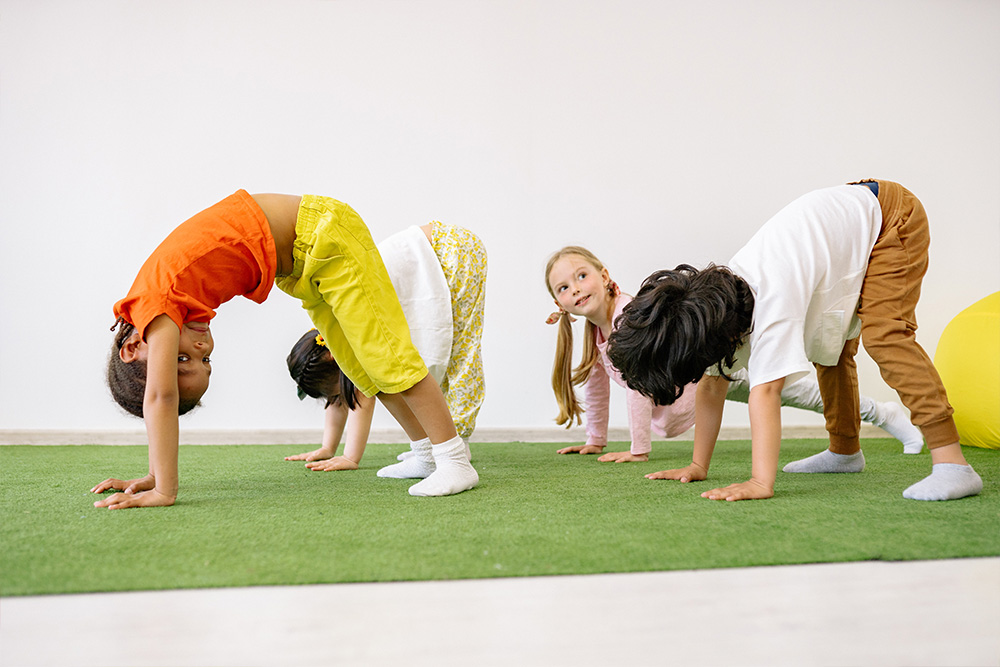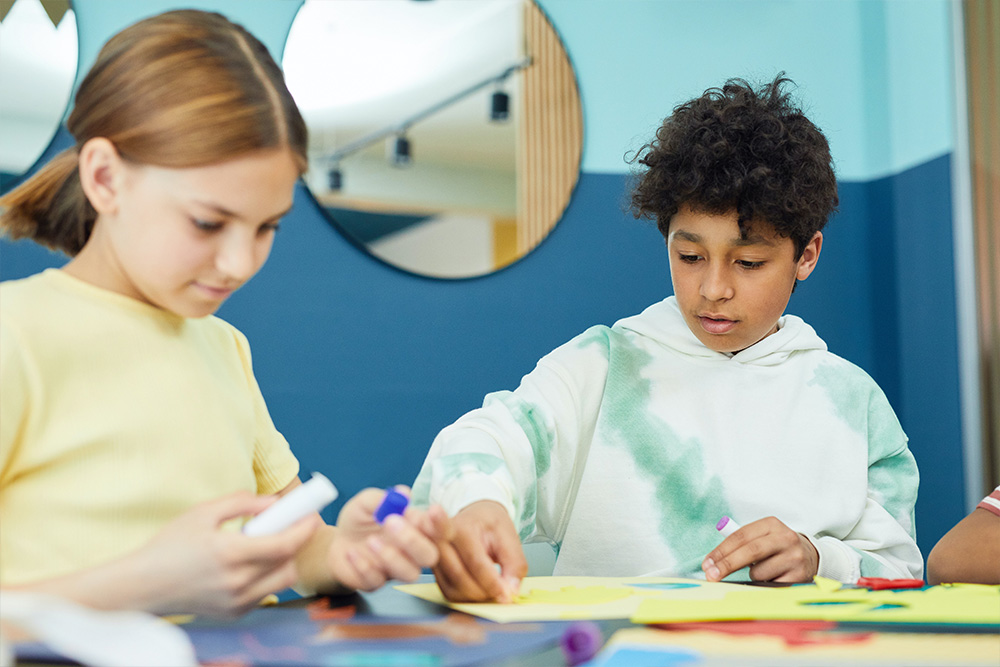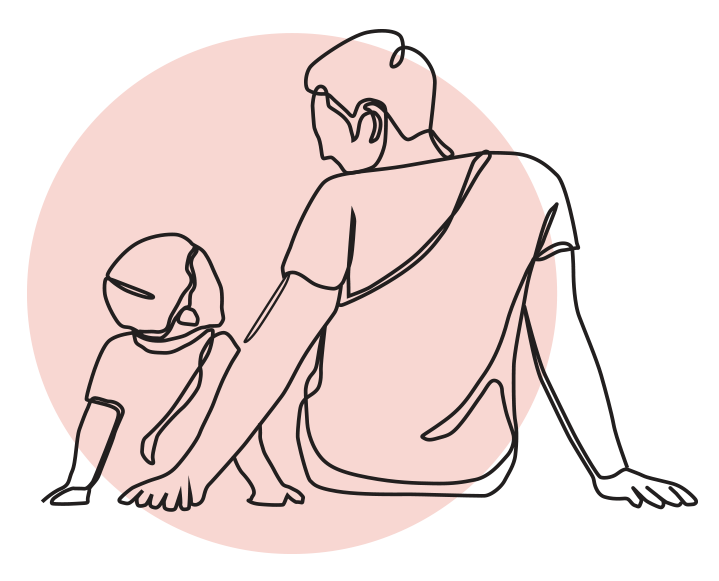Supporting Children When Feeling Angry
Feeling angry is a completely normal and healthy response to countless situations. It might be a reaction to being verbally or physically hurt, a response to a decision that feels unfair or a natural reaction to distressing situations in the wider world. As we get older, we learn to manage our angry reactions so that they don’t negatively impact our own lives or the lives of others. But children are not yet equipped to regulate this intense emotion and they need our help.
Often when children experience intense feelings of anger they are in fact being driven by primitive rage circuits deep in the brain. The brains ‘alarm system,’ the amygdala which responds to threat will be triggering a fight, flight or freeze response.
This is a purely bodily and feeling state that shuts down thinking from the higher brain (pre-frontal cortex). Given that the pre-frontal cortex doesn’t fully develop until we’re in our mid twenties, your child may actually be physiologically unable to think rationally when they are in this state.
Intense rage is very common with toddlers (tantrums) but continues throughout children’s development, depending on the individual’s capacity to self-regulate.

Here are some ideas you might find useful for supporting your child when in an intense state of anger:
- Avoid too much talking too much or demanding answers because this state shuts down the part of the brain responsible for rationalisation and verbalisation.
- Instead of too many words, work with the body and take the child to a safe place where they can let their angry feeling pass through in a safe way e.g. punching a pillow, pushing hard against a wall or shouting.
- Once the child has calmed down, you can explore the cause of their angry feelings together so that they can make sense of it and re-engage the higher brain function. Start phrases with openers such as “I wonder…”, “I’m curious about…”, “Perhaps you can try to tell me or think with me….” – showing that you are interested and open to all possible answers.
- At a calm time try body mapping to explore where in the body they feel anger. This basically means drawing the shape of a body first and then colouring areas that change, such as a racing heart, sweaty or clenched hands, hot head, stinging eyes, blocked throat, kicking legs etc. If they can start noticing the start of this feeling in their bodies they can tell an adult and find a safe space to recover before having a complete ‘melt-down.’ Talking about it also reduces the terror some children may feel at these times when they are completely out of control.
- When your child is calm it’s a good idea to read books about anger. They are often very curious to see that it is not just them and are more receptive to ideas of how to manage anger in the context of a story.
Recommended Books for Children:
Angry Arthur by Hiwyn Oram
This is a stunning picture book about Arthur whose world explodes when he feels angry.
The Red Beast by K.I. Al-Ghani & Haitham Al-Ghani
This is an educational story that brings to life anger as a ‘red beast’ the child learns to control.
Recommended Book for Parents and Professionals:
The Whole-Brain Child by Dr Dan Siegel
12 Proven Strategies to Nurture Your Child’s Developing Mind, explains the new science of how a child’s brain is wired and how it matures.
Visit our full list of book recommendations…
If you are a parent or carer in need of advice on how to help your child with angry feelings, our online therapists are here to help with the advice and tools you need. Book an Online Parent Consultation or get in touch with Chloe for more information.




